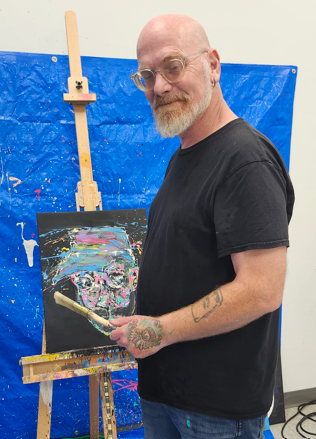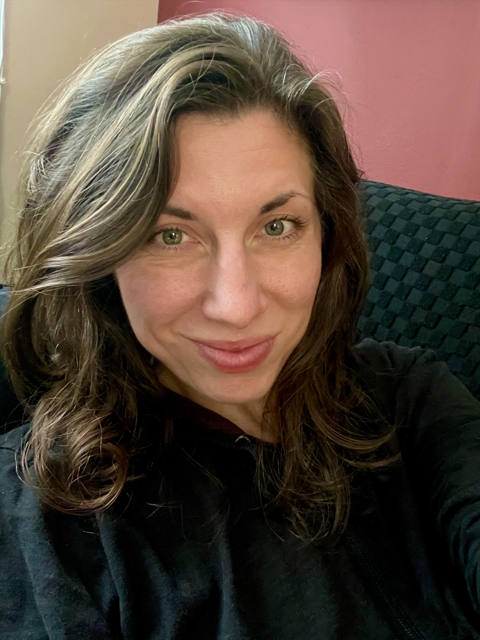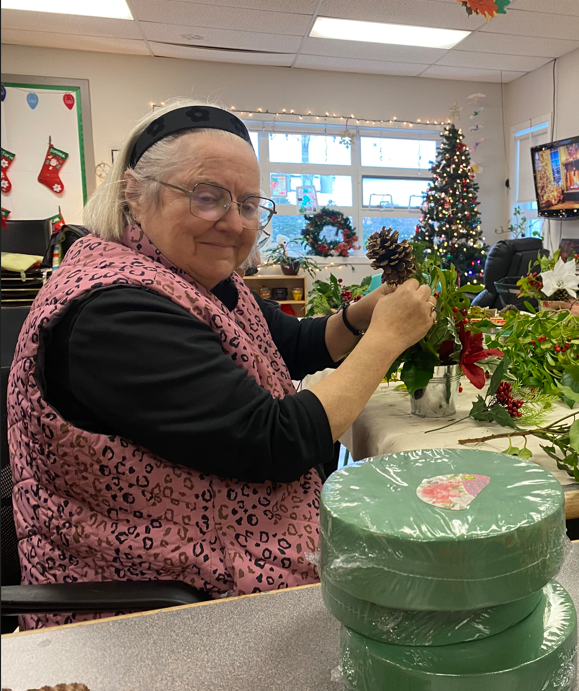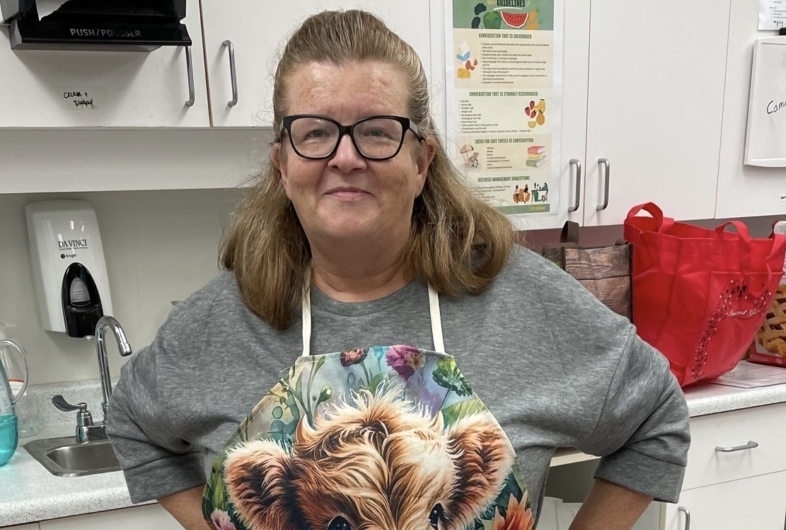Finding the right support when you’re living with a mental health condition is essential. For Caroline, getting connected to the Seniors Support Network at ICMHA was a first step towards the support she needed at this stage of life.
“The staff at ICMHA are very supportive and non-judging. I like that the staff always bring me a cup of coffee. I haven’t had anyone be that kind to me in a long time. It’s better and different than Independent living,” Caroline shared.
The Seniors Support Network plays an important role in supporting seniors’ like Caroline with their mental health. The program focuses on what people can do (not what they can’t do) helping them find connection and purpose in their later stages of life.
Caroline wasn’t sure what to expect when she first started attending Senior Support Network’s weekly meetings. Soon enough she discovered that it was more than just conversation. Each week participants have group discussions, chair exercises, and crafts. “The crafts were surprising to me but it’s fun because I don’t usually do crafts. It takes my mind to another place and it’s relaxing,” said Caroline.
Most importantly, Caroline has found that the Seniors Support Network is a place to feel seen and understood. “My own family has had a lot of trouble accepting my mental health conditions,” she said. All too often this is a reality many people living with mental health conditions face, but with groups like the Seniors Support Network people can find meaningful connection and community.
“It’s a relaxing fellowship. It’s a good place to go and be with seniors like me, and to access other resources. It’s a place to be active about your mental health,” shared Caroline.



